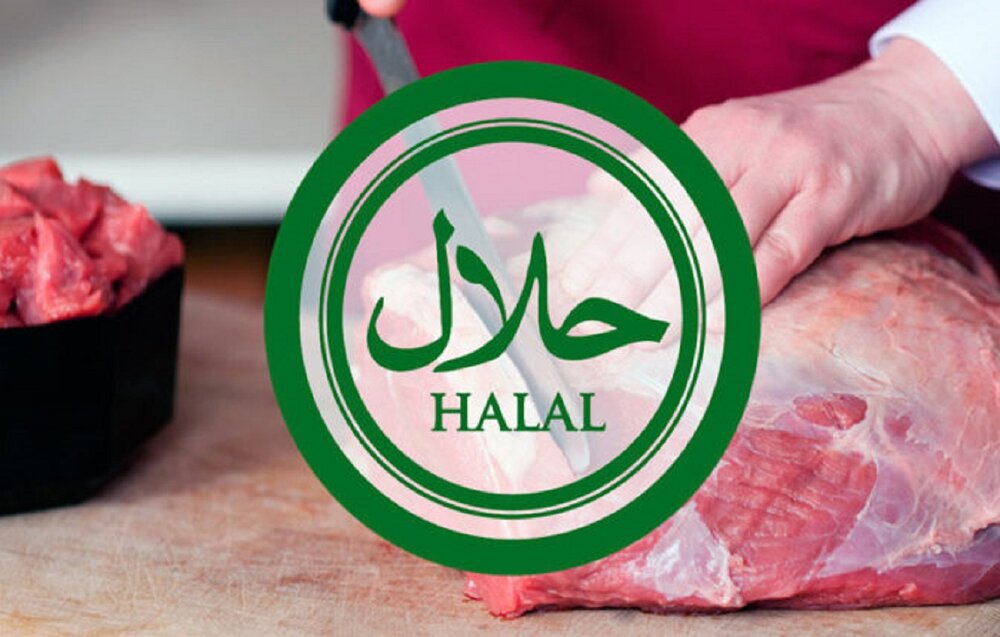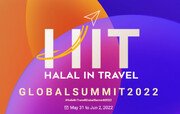Hawzah News Agency – Halal is an Arabic term that implies “allowed” or “licit.” More than that, it is a notion that can be found in the dietary habits and use of cosmetic and medicinal items of Muslims all over the world. According to Sharia, the system of Islamic rules, prophet Muhammad’s followers are only authorized to consume things that fall under this category, which is said to include those sanctioned by God.
Because this is regarded seriously by over 2 billion Muslims worldwide, the right technique of processing these items must be assured. This is why businesses that want to serve Muslim customers must be certified.
Producers outside the Muslim world, from Brazil to the United States to Australia, are doing well in the Halal market and making a roaring business, despite the fact that the idea of Halal is wholly belongs to Muslims.
The top five nations in terms of exports to Organization of Islamic Cooperation (OIC) countries are as follows:
- Brazil at $16.2 billion
- India at $14.4 billion
- USA at $13.8 billion
- Russia at $11.9 billion
- Argentina at $10.2 billion.
OIC nations have the potential to become the Kitchen of the World for Halal goods, with a large portion of the $3 trillion global Halal industry. To increase exports from Muslim-majority nations, Halal product standards must be developed.
The development of Halal goods exports will also create new economic possibilities and jobs for young people and traders in Muslim-majority nations.
With the expanding population growth rate and changing socioeconomic situations in Muslim-majority nations and internationally, demand for Halal food items is growing substantially. According to research, Halal cuisine is the safest meal to consume, and even non-Muslims recognize it.




Your Comment